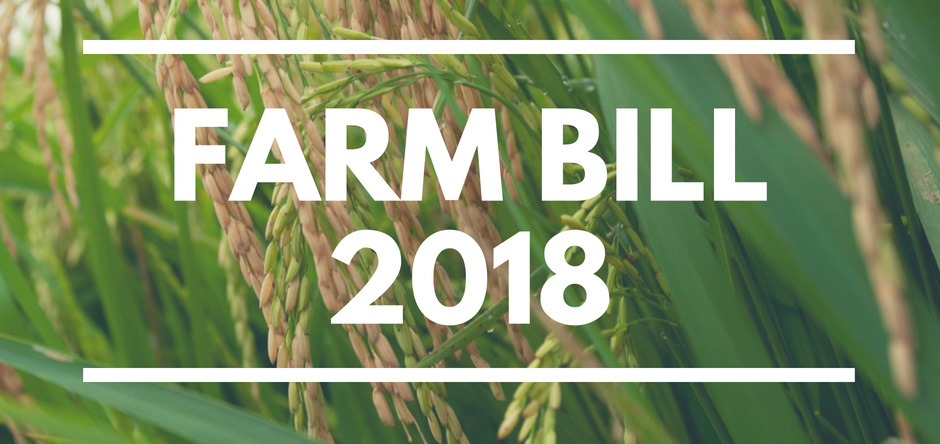Why We Oppose the House Ag Committee Chairman’s 2018 Farm Bill
Thanks to Stephen Knight, Director of Policy at the Alameda County Community Food Bank, for this clear synopsis of the proposed Farm Bill’s cuts to SNAP (or food stamps, and in California, CalFresh).
Understanding the SNAP Proposals in the House Agriculture Committee’s Farm Bill
The 2018 Farm Bill passed by the House Agriculture Committee would increase hunger and hardship by taking away or cutting food assistance for many struggling Americans, including parents raising kids, people with disabilities, older workers, low-wage workers, and people temporarily in between jobs. Coming just four months after a tax-cut bill that will cost $1.9 trillion over 10 years and lavish tax cuts on wealthy individuals and large, profitable corporations, the SNAP proposals would further widen the nation’s economic divide.
The main SNAP changes in the bill are:
1. Big cuts in SNAP benefits, particularly for low-income working families with children.
Chairman Conaway’s bill would restrict a state option known as “categorical eligibility,” which allows states to adjust income cutoffs so that working families don’t abruptly lose their SNAP benefits when they earn slightly more than the federal eligibility cutoff of 130 percent of the federal poverty level. This change essentially reimposes a benefit cliff in 31 states that currently use this option. Hundreds of thousands of working households would lose their SNAP benefits.
Another benefit cut would come from requiring millions of low-income households who participate in LIHEAP (all except the elderly) to provide their utility bills to the SNAP office. Historically, these households have been able to use their participation in LIHEAP as proof of their utility expenses, thereby allowing them to claim utility expenses without extra paperwork.
2. Sweeping, aggressive new work requirements that would likely prove unworkable and do substantially more harm than good, fueling increases in hunger and poverty.
The bill would take away food assistance from SNAP participants between ages 18 and 59 who aren’t seriously disabled or raising a child under 6 unless they demonstrate each month that they’re working at least 20 hours a week or are participating at least 20 hours a week in a work program. These provisions would force states to develop large new bureaucracies to track the work hours and exemption status every month for roughly 6 to 8 million people who may be subject to the work requirements (including those already working, who would have to regularly document their work hours). The bill also makes it harder for states to apply for waivers from these work requirements for areas of their state with high unemployment.
Chairman Conaway argues that states would be required to provide work-program slots to everyone who isn’t exempt and can’t find at least 20 hours a week of work on their own, and that these individuals would receive employment-related services to improve their employability. Funding, however, is woefully inadequate to provide real training. The bill provides only $30 per person per month for states to implement these work programs. Experience suggests that these provisions would leave substantial numbers of low-income people who have various barriers to employment with neither earnings nor food assistance.
3. A reversal of decades of bipartisan progress to streamline and modernize SNAP
By imposing new state mandates and rolling back state flexibility, the House Agriculture Committee Farm Bill reverses the deliberate, bipartisan effort in previous Farm Bills to streamline and modernize program operations and administration of SNAP to ensure that eligible families can access food assistance during times of need. These changes will create unnecessary red tape and paperwork, making it harder for states to administer the program and making it more difficult for struggling families, particularly working families, to access SNAP.
These harmful changes outweigh any effort in the bill to make small policy improvements, such as raising the share of earnings that are deducted in determining a household’s benefit level from 20 to 22 percent.
Overall, this Farm Bill represents a missed opportunity to work on a bipartisan basis to strengthen SNAP and to make meaningful investments in job training and education programs that would provide low-wage workers with the opportunity to move up the economic ladder. Even worse, this approach will jeopardize the historically bipartisan Farm Bill and put critical nutrition programs and rural communities at risk.
Stay tuned for more information about how we can work together to advocate against these proposed changes to SNAP.
